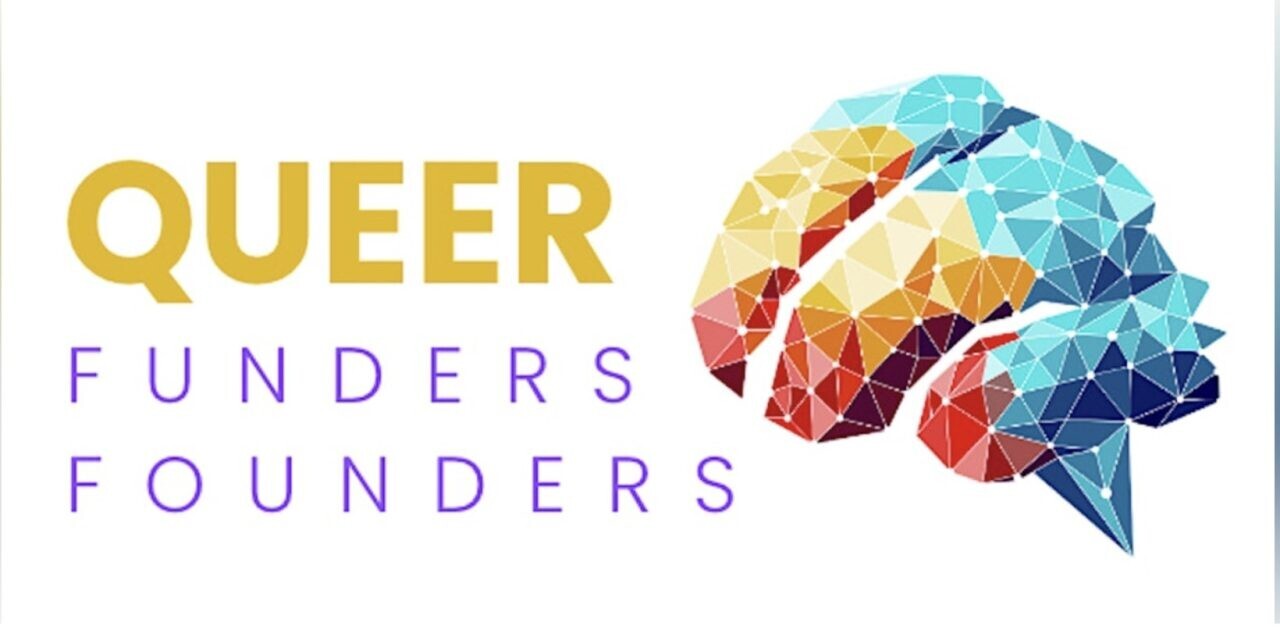
Airdrops are totally all the rage. Blockchain companies have been resorting to token giveaways and marketing bounty programs as a way of circumventing the Securities and Exchange Commission’s (SEC) ban on initial coin offerings (ICOs) – but this is probably going to change very soon.
In an announcement on its website, SEC revealed it has served a lifetime ban and a $30,000 fine to cryptocurrency startup Tomahawk for employing fraudulent marketing strategies to raise funds.
As spotted by users on Twitter, the publicly available cease-and-desist order suggests that free tokens are securities. It reads, albeit in thick legalese:
Tomahawk’s issuance of tokens under the Bounty Program constituted an offer and sale of securities because the Company provided TOM to investors in exchange for services designed to advance Tomahawk’s economic interests and foster a trading market for its securities. Tomahawk and Laurance violated Sections 5(a) and 5(c) of the Securities Act by offering and selling TOM without having a registration statement filed or in effect with the Commission or qualifying for an exemption from registration with the Commission.
The SEC has gripes with Tomahawk for lots of things – but most relevant is the way in which it handled its launch. It was to be an ICO, but that didn’t last very long. Instead, it launched a crowdfunded marketing campaign that paid the public to promote its cryptocurrency with TOM tokens.
This, until now, has been assumed to be legal, or at least operating in some mysterious gray area that makes blockchain entrepreneurs immune to securities fraud. This following segment includes about as much shade a lawyer can throw in an official court document.
On July 27, 2017, in response to the Commission’s DAO Report, Tomahawk published an article online titled “Tomahawkcoin ICO Adjusting to the SEC, by Legally Avoiding Them.” That article incorrectly stated that Tomahawk’s ICO would be exempt from securities regulation because the Company was abandoning its plan to be quoted on the OTC market.
This is a problem that extends beyond cryptocurrency and blockchain tokens. In the proceeding Twitter discussion, one user pointed out that the distribution of assets, in general, has been a continued sticking point for the SEC.
Mashable reported one startup’s unfortunate endeavours in securities fraud last year. Juno, the ride-sharing app rewarded with drivers with “shares” in the company, depending on how much they drove.
The SEC, though, didn’t like that one bit. It was distributing assets later to be redeemed for cash, and requested it “change how it was implementing the program going forward.” Just a hint of litigation was enough to scrap the share-based rewards in favor of a cash-based system.
The SEC becoming suspicious of our airdrops is to be expected. The language being thrown by the media has spurred so much interest, especially considering the more traditional ICO is now taboo in the US.
CNBC asked readers if they wanted cryptocurrency for free, before quoting a Matthew Roszak, co-founder of blockchain company Bloq, as saying:
“In certain ways people are getting free lottery tickets. There will be a tsunami of airdrops this year.”
You don’t go saying those words for too long before the SEC comes knocking.
He’s right about the tsunami part. Token giveaway aggregator Airdrops.io lists literally hundreds of airdrops and bounty programs, both recent and upcoming.
Such a big tidal wave is sure to cause some damage, and if the SEC’s thoughts on airdrops and bounty programs are anything to go by – some old-fashioned securities fraud is sure to show up in the wash.
Get the TNW newsletter
Get the most important tech news in your inbox each week.





